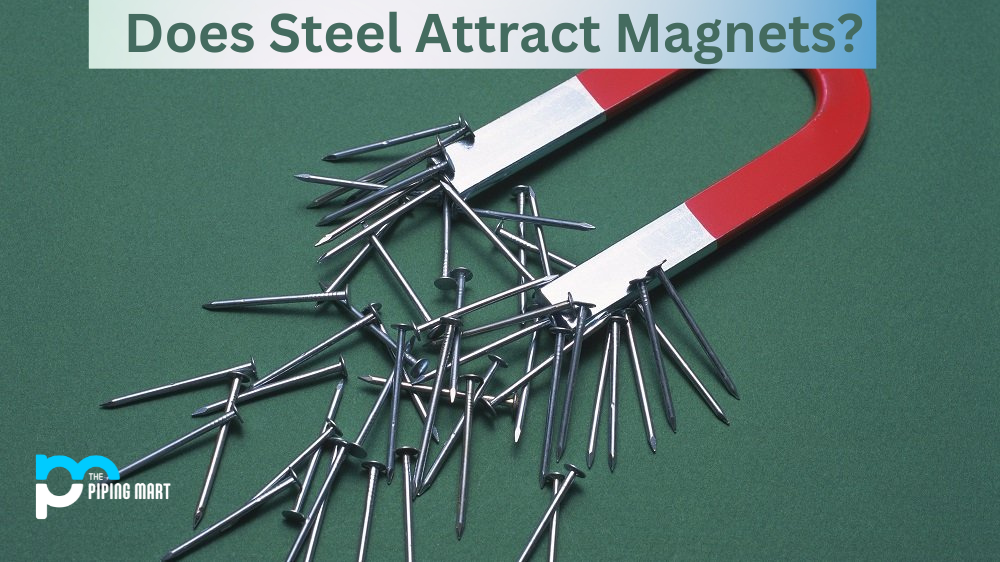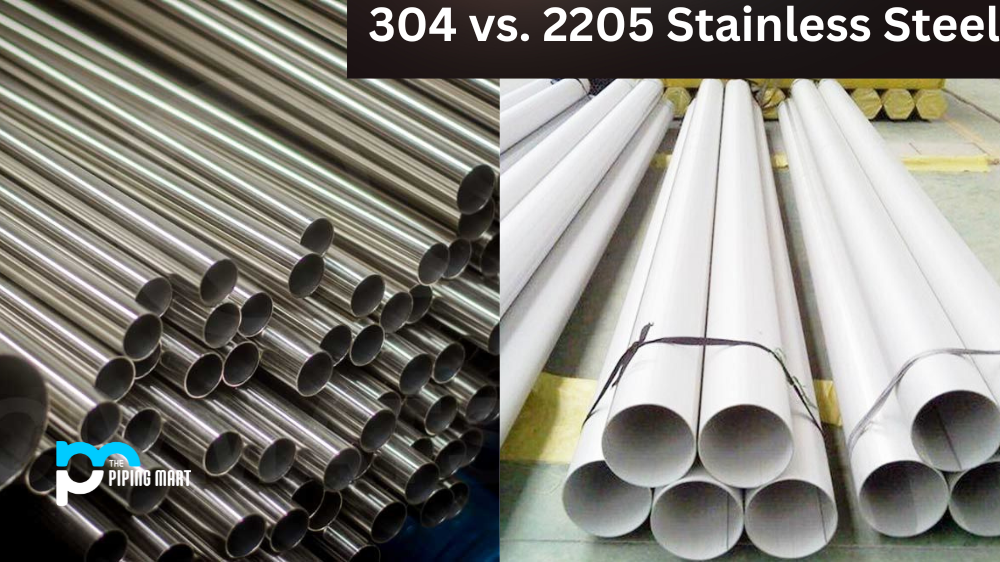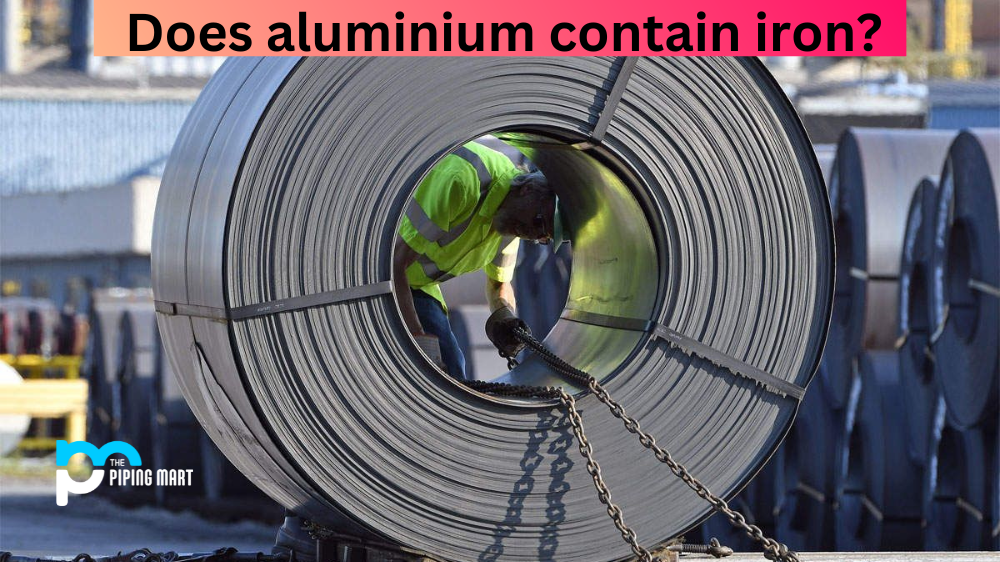It’s a question that has been asked for centuries—does steel attract magnets? The answer is yes! Steel, or more specifically ferromagnetic materials like iron and nickel, are strongly attracted to magnets. In fact, many everyday objects like paperclips, scissors, keys, and even some jewellery contain steel and are attracted to magnets. Let’s take a look at how this works.
What Makes Steel Magnetic?
The answer lies in the atomic structure of steel. Steel is made up of tiny particles called atoms that have their own magnetic fields. When a magnet comes in contact with steel, the magnetic fields of the individual atoms interact with each other and form an attraction between the two items. This attraction produces a force that draws the magnet towards the steel object.
Why Don’t All Metals Attract Magnets?
Not all metals are magnetic like steel is; some metals are not attracted to magnets at all. Non-magnetic materials such as aluminium and copper don’t contain enough iron or nickel to create a strong enough magnetic field to be attracted to a magnet. Even if these metals do contain trace amounts of iron or nickel, they still won’t be attracted to magnets because these metals aren’t arranged in the same way as ferromagnetic materials like iron and nickel.
Conclusion:
It is clear that steel does indeed attract magnets! The atomic structure of steel contains elements such as iron and nickel, which create a powerful magnetic field when interacting with a magnet. However, not all metals have this property—aluminum and copper, for example, will not be affected by magnets due to their lack of ferromagnetic elements in their structure. Understanding why metal attracts magnets can help us better understand the physical world around us!

Pipingmart is a B2B portal that specializes in metal, industrial and piping items. Additionally, we share the latest information and information about materials, products and various types of grades to assist businesses that are involved in this business.




